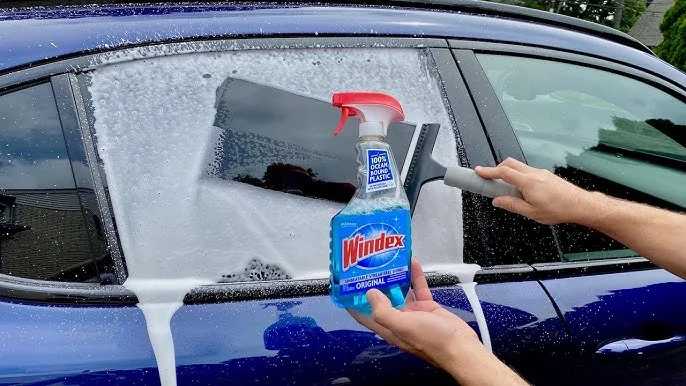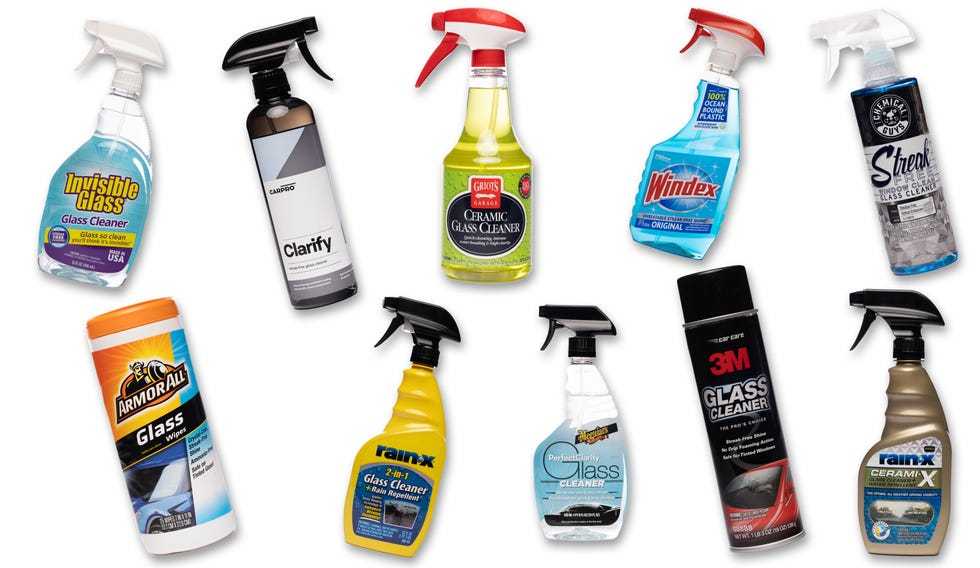Your car window fogging up in summer might seem strange, but it’s actually a common issue caused by differences in temperature and humidity inside and outside the vehicle. The quick fix is to ensure good ventilation, use the air conditioning system properly, and keep the windows slightly open when parked.
In a nutshell, foggy car windows during summer are usually due to moisture buildup inside the vehicle, often because of humid weather, wet clothing, or breathing. When warm, moist air hits cooler glass, condensation forms, creating fog. To prevent this, managing indoor humidity and airflow is key. Understanding these causes can help you stay clear and safe on summer drives, even when the weather’s hot outside.
Why Is My Car Window Fogging Up in Summer?
Understanding the Basics of Foggy Windows
Foggy car windows happen when moisture in the air condenses on the glass surface. This problem is not limited to winter; it can also occur during summer under certain conditions. Recognizing what causes fogging in summer is essential to finding quick solutions and keeping your visibility clear.
The Role of Humidity and Temperature
During hot summer days, humidity levels can be high both outside and inside your vehicle. When you park your car, the air inside becomes humid due to sweating or moisture from passengers. When you switch on the air conditioning or ventilation, the temperature difference causes moisture to condense on the cooler glass.
How Condensation Forms on Car Windows
Condensation occurs when warm, moist air comes into contact with the colder surface of your windows. The cooler surface causes water vapor to change into tiny droplets, which creates fog on your windows. This process is similar to breathing out fog on a cold window in winter but can happen in summer if conditions are right.
Why Summer Is More Prone to Window Fogging
Although it seems counterintuitive, summer can cause more fogging in some cases. High outdoor humidity combined with increased internal moisture makes condensation more likely. Additionally, air conditioning systems in cars may cool the interior surfaces, leading to fogging despite the hot weather outside.
Common Causes of Fogging in Summer
High Indoor Humidity
Activities like drinking water or sweating increase moisture inside the car. If windows are closed for a long time, this moisture gets trapped, creating an ideal environment for fogging.
Poor Ventilation
A lack of fresh air flow prevents moisture from escaping. Poor ventilation keeps humid air inside, which can cause windows to fog up quickly.
Dirty or Damaged Windows
Dirt or residues on your glass can smooth out the surface, making condensation more noticeable. Scratched or damaged glass may also harbor moisture, worsening fogging issues.
Faulty Air Conditioning System
If your AC is not dehumidifying the air properly, moisture remains inside your vehicle. An ineffective AC system can lead to excess humidity and foggy windows even during summer.
How Climate and Weather Affect Window Fogging
Climate plays a crucial role in window fogging. Regions with high humidity, frequent rain, or dew formation are more prone to foggy windows. Temperature fluctuations between daytime heat and cooler interiors at night also contribute to condensation.
Impact of Car Interior Conditions
Your car’s interior temperature and humidity levels directly influence window fogging. If the interior is warmer and more humid than the outside, condensation is more likely to occur. Using interior fans or dehumidifiers can combat this effectively.
Strategies to Prevent and Reduce Window Fogging in Summer
Improve Ventilation and Airflow
Open windows slightly or use the fresh air setting on your AC to promote air exchange. Proper airflow helps reduce indoor humidity and minimizes condensation.
Use Air Conditioning Effectively
Set your AC to defrost or blow cool, dry air onto the windows. Ensure the AC’s dehumidifying function is working properly to remove excess moisture.
Clean Your Windows Regularly
Use a glass cleaner to remove dirt, grease, and residues. Clean windows help prevent uneven surfaces that trap moisture and make fogging more apparent.
Apply Anti-Fog Products
Specialized anti-fog solutions create a thin film that resists condensation. Applying these products regularly can improve visibility, especially in humid summer conditions.
Control Interior Humidity
Remove moisture by using moisture absorbers or dehumidifier packs. Avoid leaving wet items like towels or umbrellas inside the vehicle for extended periods.
Park in Shade or Ventilated Areas
Whenever possible, park your car in shaded or well-ventilated spots. This helps keep the cabin temperature lower, reducing the temperature difference that causes fogging.
Additional Tips and Tricks
- Use the **defrost setting** on your car’s climate control system for quick clearing of foggy windows.
- Run the **air conditioning** with the **recirculation mode disabled** to allow fresh, dry air to enter the vehicle.
- Install **vent visors or window deflectors** to optimize airflow around the windows.
- Keep **interior surfaces clean**, including door panels and dashboard, to prevent moisture buildup.
- Check and replace **air filters** regularly to ensure optimal airflow and dehumidification.
When to Seek Professional Help
If fogging persists despite trying all these methods, it may be time to consult a professional. Faulty seals or damaged window insulation could cause persistent moisture issues. A technician can inspect and repair the sealant or glass to eliminate the root cause.
Related Topics
Apart from fogging, other related issues include **car air conditioning maintenance**, **preventing mold inside your vehicle**, and **best practices for vehicle interior care**. Understanding these can further help in maintaining clear windows during summer.
Fogged-up windows in summer are primarily caused by excess moisture and temperature differences inside and outside the vehicle. Addressing the root causes through proper ventilation, cleaning, and maintenance can keep your windows clear and your driving safe. Being proactive in managing humidity levels and maintaining your AC system ensures a comfortable and safe summer driving experience.
Never Get Foggy Car Windows Again
Frequently Asked Questions
What causes car windows to fog up even during warm weather?
Car windows fog up in summer when the interior humidity level is high, causing moisture to condense on the cooler glass surface. Activities like breathing, sweating, or carrying wet items inside increase moisture, leading to fogging despite the warm temperature outside.
How does air conditioning influence window fogging in summer?
Air conditioning can sometimes contribute to fogging if it’s set to a low temperature and the system dehumidifies the air excessively. When warm, moist outside air enters the vehicle and encounters cooled surfaces, condensation occurs, resulting in foggy windows.
Can improper ventilation cause my car windows to fog up during summer?
Yes, poor ventilation traps moisture inside the vehicle. Without proper air circulation, humidity levels rise, increasing the likelihood of condensation on windows. Opening windows or using vents helps exchange moist air with drier outside air, reducing fogging.
Why does my car fog up more on humid days even if outside temperatures are high?
On humid days, the high moisture content in the air elevates interior humidity, making it easier for condensation to form on cool surfaces like windows. The temperature difference between the warm interior and cooler glass also encourages fogging.
Could interior moisture sources like wet clothes or mats lead to window fogging in summer?
Absolutely. Wet items inside the car release moisture into the air, raising humidity levels. This extra moisture increases the chance of fog formation on windows, especially if the vehicle lacks proper ventilation or air conditioning settings to manage humidity.
Final Thoughts
In summer, your car window may fog up due to humidity inside the vehicle. This happens when warm, moist air contacts the cooler glass, causing condensation. High temperatures and increased moisture levels contribute to this common issue.
To reduce fogging, turn on the air conditioning or defrost setting to balance the interior and exterior temperatures. Using the air recirculation feature can also help minimize humidity inside the car.
Why is my car window fogging up in summer? The humid summer air combined with cooler glass surfaces leads to condensation. Proper ventilation and climate control are key to preventing this problem.



